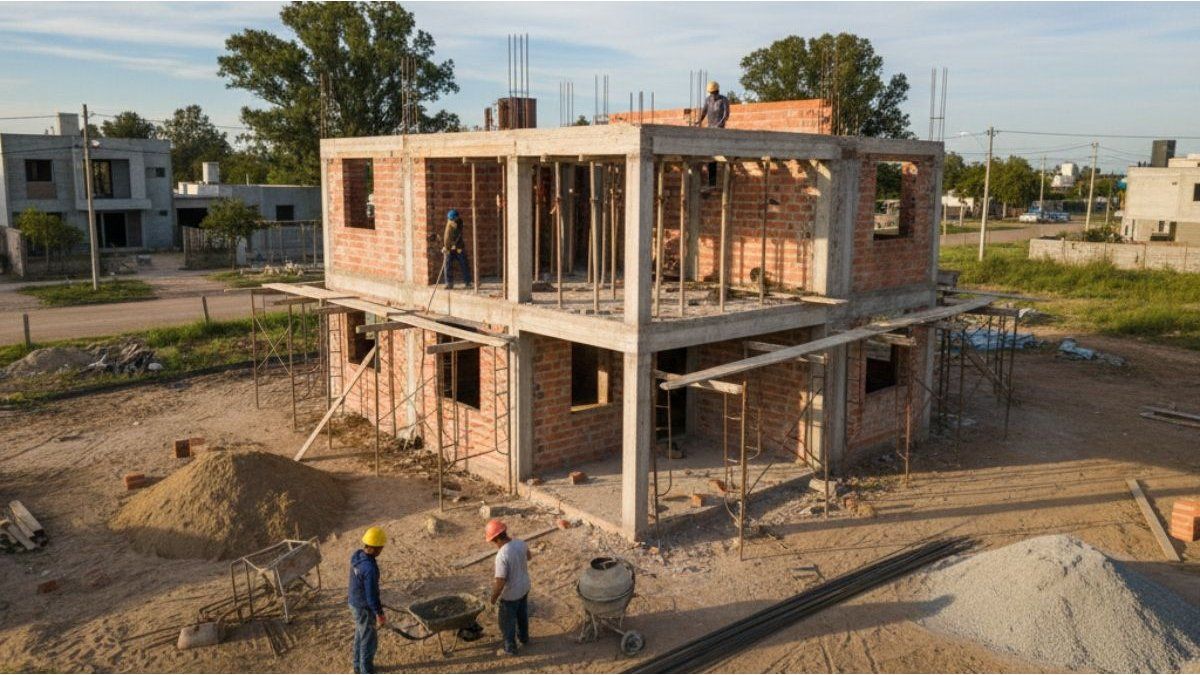A new study of the universities british Exeter and Hertfordshirewith the British Antarctic Survey (BAS), demonstrated through satellite data that the Antarctic Peninsula is turning greener and greenera product of the advance of vegetation.
“That the extension of the vegetation is more than 12 times larger in just 35 years in one of the most remote, isolated and extreme environments in the world. Landtestifies to the scale and scope of the effects of anthropogenic climate change,” he highlighted Thomas Rolandresearcher at the University of Exeter.
eastern antarctica.webp
The extent of the vegetation is 12 times greater than it was 35 years ago.
Photo: Getty Images
The researchers show that vegetation accelerated 30% in recent years, from 2016 to 2021, compared to records existing since 1986. “This change It is not only fast but extensive. “We could be seeing the first signs of significant disruption in one of the last pristine corners of the planet,” Roland explained.
In the last 35 years, the extent of vegetation has increased by 12 times largerand although although it represents only the 0.12% of the continentthe pace of change is remarkable. The growth is predominantly mossaccompanied by lichens and other species that manage to adapt to extreme cold.
“What were once white and blue expanses of ice and snow now show green spots that increase every year,” said Dr. Olly Bartlett from the University of Hertfordshire, adding that their study “confirms that the landscape and ecology of one of the last most iconic wilderness regions on the planet, the Antarctic Peninsula, is changing rapidly“.
Ecological changes and environmental impacts
The problematic It is not only about the advance of vegetation on the landscape, but also about the consequences that this growth produces. This change is striking when referring to one of the most ends of the earthwith excessive cold temperatures and little sunlight due to its extensive periods of darkness in winter.
The ecological repercussions that produces are mainly in the formation of new colonizations of invasive plants and species, which could damage, alter and modify the ecosystem of the region. “It presents a significant opportunity for non-native plant species, even invasivecolonize the Antarctic Peninsula,” he highlighted Roland.
The report’s researchers maintain that “these it’s bad news for biodiversity on the continent: our study confirms that the environmental future from Antarctica is at great risk“.
Source: Ambito




